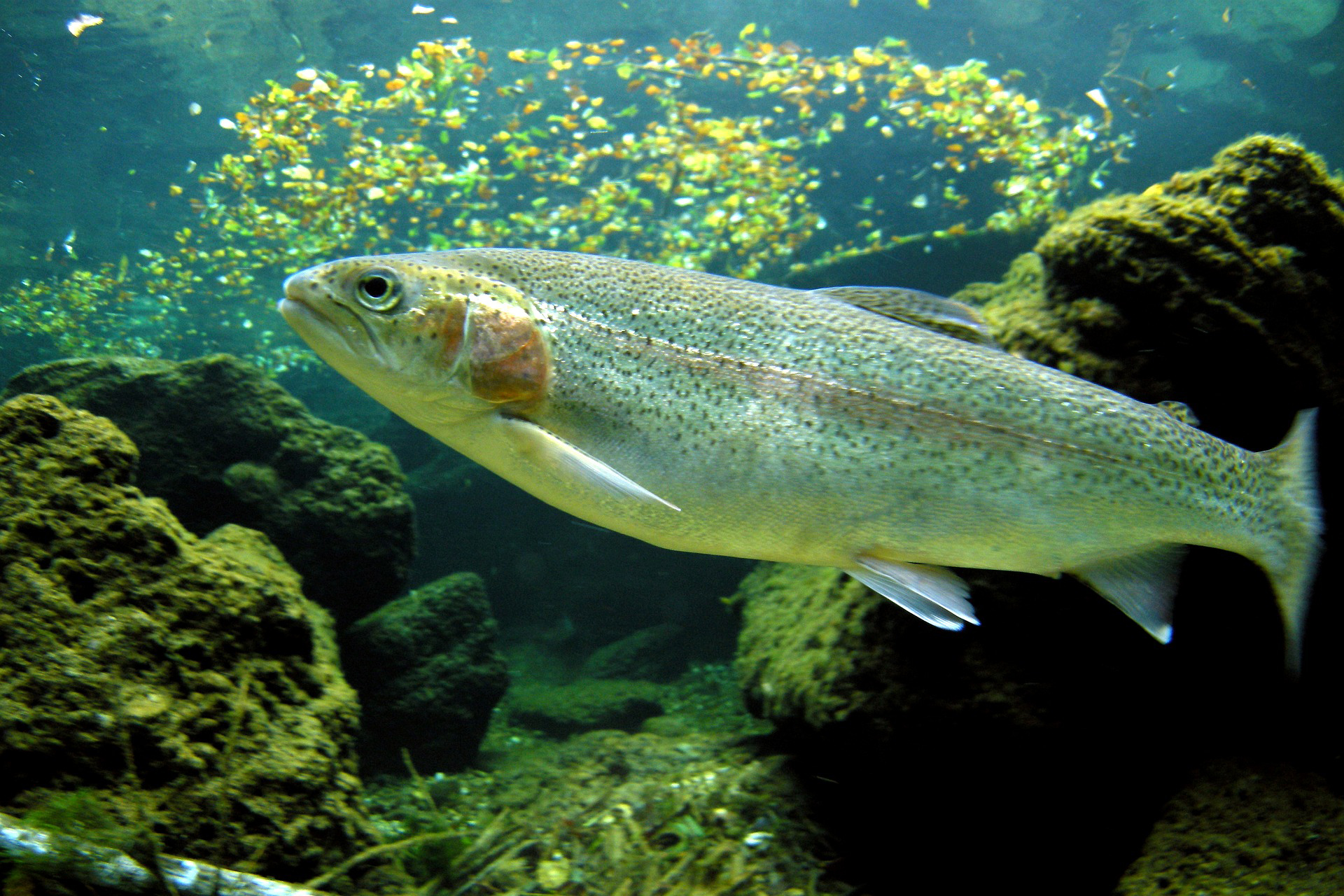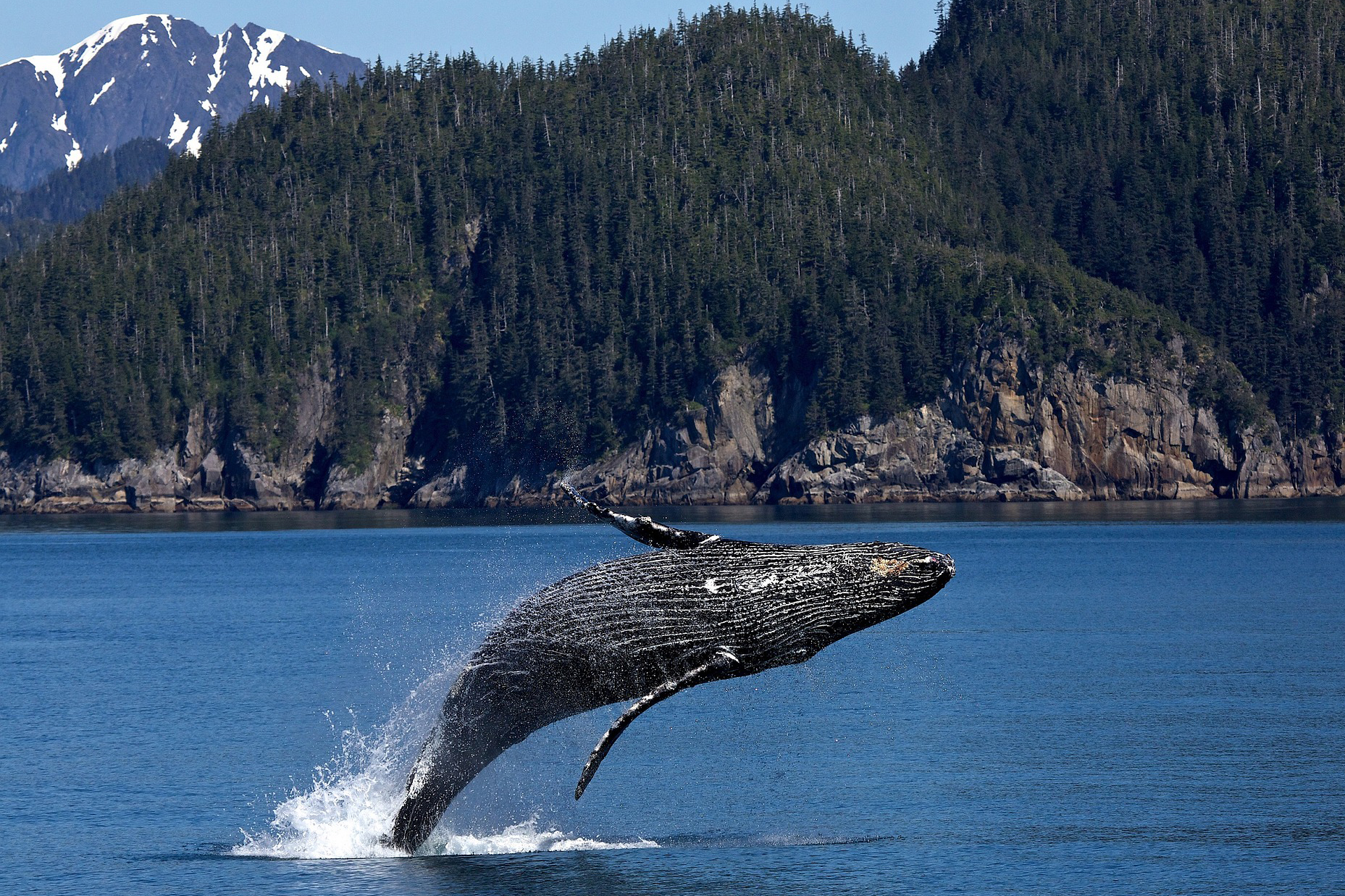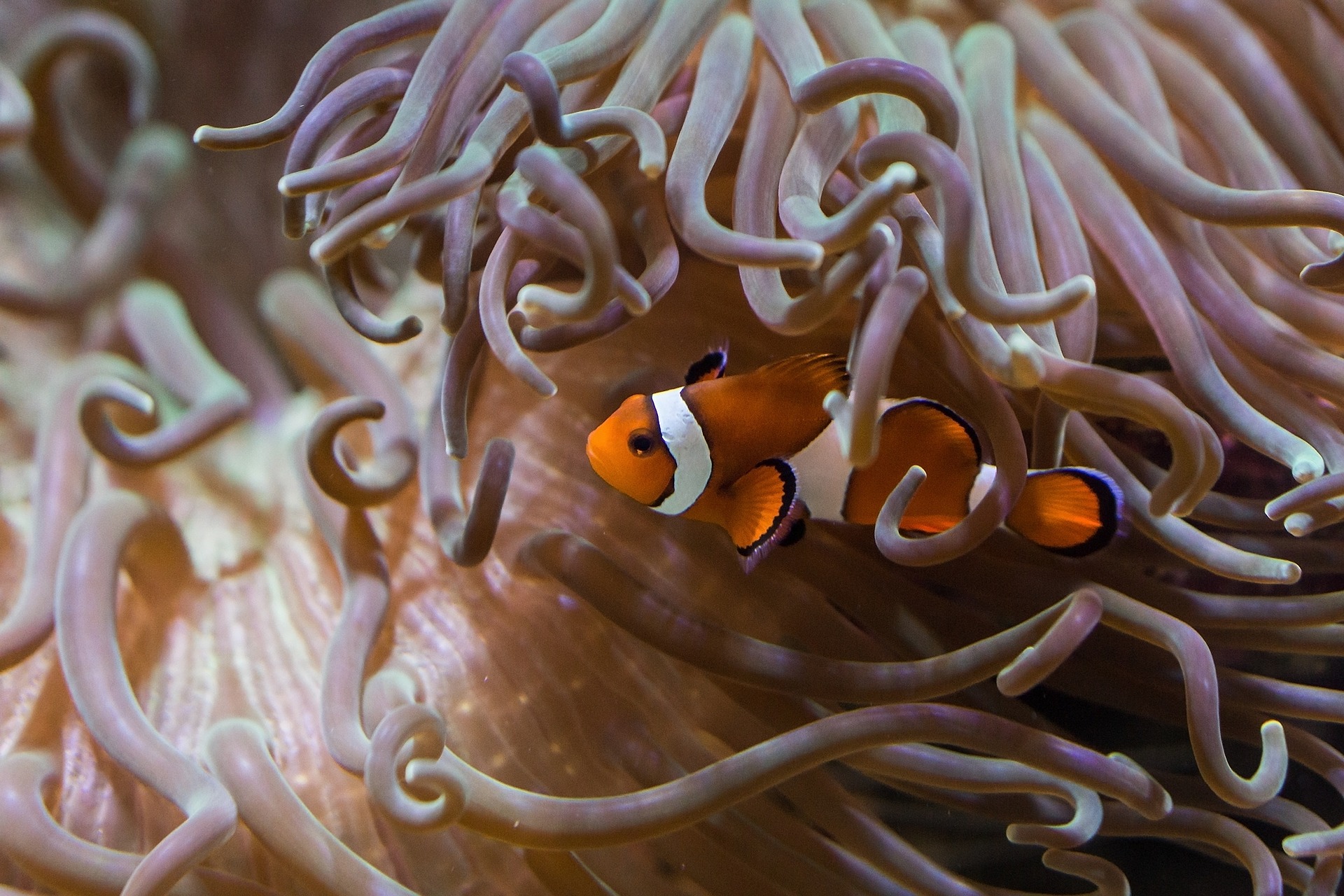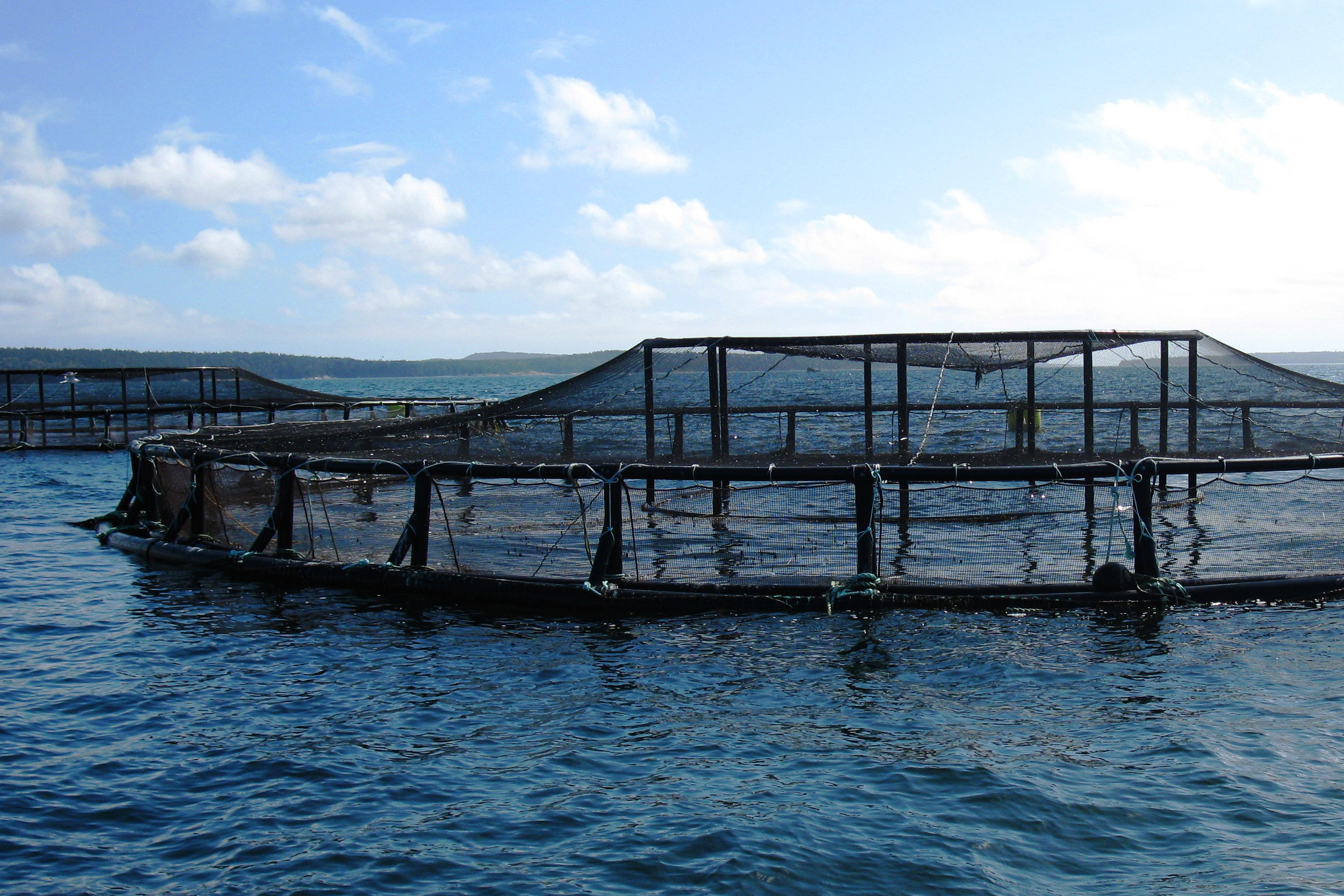
Les étudiants doivent choisir 4 UEs, qui représentent au total 30 ECTS, dans la liste ci-dessous. Ces UEs sont réparties en deux catégories, dont des enseignements généraux assurant aux étudiants participants d’acquérir les savoirs de base nécessaires pour la suite de leur formation.
Veuillez noter que les 2 UE obligatoires sont disponibles chaque année, mais la disponibilité des UE optionnelles peut varier d'une année sur l'autre. Veuillez contacter le(s) responsable(s) de l’échange pour connaître la disponibilité des UE pour l'année en cours.








